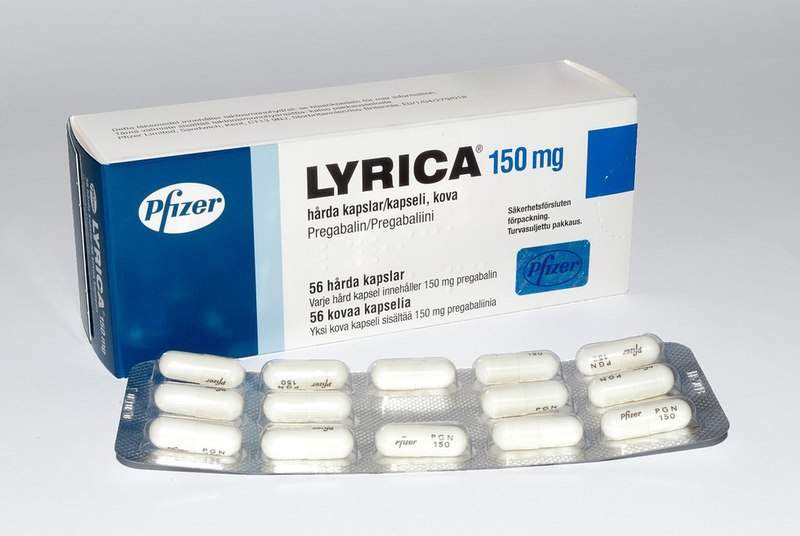
The UK Supreme Court has ruled against Pfizer in a long running legal case involving a second medical use patent for its Lyrica (pregabalin) drug.
Lyrica was initially developed for the treatment of epilepsy, but the associated patent expired in May 2013, which allowed other pharmaceutical companies to launch generic versions of the drug at lower prices.

Discover B2B Marketing That Performs
Combine business intelligence and editorial excellence to reach engaged professionals across 36 leading media platforms.
Pfizer obtained a secondary patent for the use of Lyrica as a treatment for pain, inflammatory pain and neuropathic pain. This patent was valid until July last year.
The pharmaceutical giant, through its subsidiary Warner-Lambert, argued that generic formulations by Allergan (Actavis), Mylan and others were also used to treat pain before the expiry of the pain-related patent, thereby infringing it.
However, in October 2016 the Court of Appeal ruled that the Lyrica patent for pain was not infringed by the generics.
The Supreme Court upheld the ruling that patent claims relevant to the pain and neuropathic pain indications are invalid. It further removed patent protection for the manufacture of the drug for treating both peripheral and central neuropathic pain.

US Tariffs are shifting - will you react or anticipate?
Don’t let policy changes catch you off guard. Stay proactive with real-time data and expert analysis.
By GlobalDataThe Court added that the claims related to inflammatory pain are valid, however this lacks marketing authorisation.
In its press statement, the court said: “The court holds, by a majority that the disclosure in the specification supports the claims in relation to inflammatory pain, but not neuropathic pain, whether peripheral or central. Thus, the appeal is dismissed and the cross-appeal allowed.”
“The majority’s approach requires the patentee to demonstrate that the specification discloses some scientific reason why the implied assertion of efficacy in the patent claim may well be true.”
Pfizer responded to the judgement in a statement sent to PharmaPhorum, by saying: “[the ruling] has significant impact on innovation in public health. The period that a medicine is under patent is a critical phase in its lifecycle that fuels innovation – as science evolves and knowledge grows, patients increasingly benefit from ongoing research into new uses for existing medicines.
“As situations such as these are expected to become more common, it’s important for patients that pharmaceutical companies are able to protect patents, including second medical use patents.”




